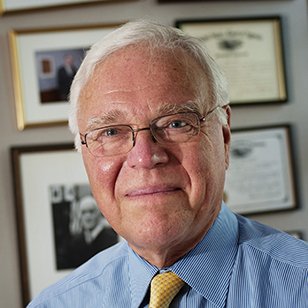What should social scientists know about lawyers’ views on globalization? In our previous post, Michele LaVigne argued that social scientists need to consult with lawyers more if they want their research to have any impact on fairness in indigent defense. Fred Aman was inspired to send in some advice to scholars interested in law and globalization.
Globalization: Legal Aspects
Law’s role in globalization is often misunderstood, mainly with respect to whether “the global” is its own distinct and unified field. To a large extent, this misunderstanding reflects the influence of neoliberalism, some versions of which treat globalization as a function of capitalism (thereby relegating it to the preserve of economics). Such a formulation leaves little room for law, except in relation to international law and such “global” institutions as the International Monetary Fund (IMF), the World Trade Organization (WTO), and other legal arrangements primarily associated with the liberalization of trade. From this standpoint, one might imagine that globalization is all about competition—a competition for markets and investments that is global in scale and increasingly intense as markets expand. Accordingly, one might not think that law has much to do with this phenomenon beyond stepping out of the way, except where law contributes to the creation of markets and to ensuring that they function efficiently.
But the reality of globalization challenges such formulations. Law has an important role to play, particularly in contexts in which economic activity generates human rights questions, such as child labor. We need to focus on law’s prominence in the creation, implementation and contestation of globalization. The contexts in which law is relevant reflect the great diversity of relationships, circumstances, and legal arrangements under which globalization develops….
Globalization is embedded in our institutions—domestic and international, public and private, by virtue of legal arrangements (legislation, agency regulations, contracts, etc.) that draw global “forces” into everyday life, and vice versa. It is not a unilinear process or geography “out there,” but a dynamic relation across multiple regimes of public and private ordering. Globalization is subject to a wide array of influences and control and yields pervasive social effects—some of them broadly homogenizing, some of them diversifying in highly specific ways Understanding the relationship of globalization to law requires analysis of the interactions of markets, rights and bodies of law at all levels of government, domestic and international, as well as diverse processes of governance that involve norm creation, enforcement and adjudication by state and non-state actors alike.
Moreover, globalization is neither external and superior to national states, nor primarily state-centered. The essence of globalization is its denationalizing effects Thus it has been said that, “Globalization . . . may be defined as the process of denationalization of clusters of political, economic, and social activities.” In a globalized world, various non-state actors, including multinational corporations, play key roles precisely because they are not bound to any one jurisdiction. Globalization does include global and regional institutions such as the WTO and the European Union (EU), but globalization is also a domestic phenomenon, driven by private actors and local law.
Indeed, there are many domestic contexts in which law may properly be understood as “transnational”—that is, in its functioning across bodies of law, public and private, domestic and international, rather than in a particular geography or international field. Transnational law potentially encompasses legal relationships involving domestic and international law as well as private ordering involving a host of non-state actors who operate transnationally. The complex socio-political interrelationships resulting from these interactions affect institutions and individuals in a variety of ways at home and abroad (wherever these may be). Law features in all of these arrangements, highlighting the pluralism and polycentrity of law’s “many rooms.” …
New bodies of transnational law are developing to deal with problems that are neither wholly domestic nor comprehensively global—sometimes working through domestic law, sometimes creating new authorities and powers.

